Childbirth is a process that imbibes a sense of responsibility, care, and concern towards your tiny baby. As a new mother, you always strive to protect your little one from harmful substances or bacteria. And you need to! because your baby’s immune system is not yet strong enough to fight off bad microorganisms. Hence, it is important to follow baby bottle sterilization guidelines properly since it comes in contact with your baby’s mouth.
What Items Need To Be Sterilized?
You need to sterilize every item that your baby puts in his/her mouth. All feeding items such as bottles, nipples, caps, membranes, and rings need to be sterilized. If you use any other items like a syringe, spoon, medicine cup, or breast pump, you will need to sterilize those as well. If your baby is using dummies (to bite or suck on), then sterilize them regularly. Other items, such as your baby’s toys, need to be washed and sanitized on a regular basis.
How To Sterilize Baby Bottles and Equipment?
It is always recommended to wash your hands before feeding your baby. Cleaning and sterilization are two steps to keeping your baby’s feeding items safe. Cleaning is only washing the equipment with warm soapy water after each feed to remove any dried milk traces.
The other is the process of making sure that harmful microorganisms that may be present on the surface of the feeding items are eradicated. You need to follow both the process with for any bottles, dummies, or teats that your baby uses until one year of age.
Let’s look into some of the safest ways to sterilize baby bottles. The following are the baby bottle sterilization guidelines:
- Sterilizing by Boiling: In this baby bottle sterilization method, you can immerse the bottles, caps, teats, etc., in a large pan with water and boil them for five minutes. After boiling, remove the items with a pair of clean tongs.
- Steam sterilization: This is one of the safest ways to sterilize baby bottles. You can use the microwave or electric sterilizers for this. The steam generated helps to kill the bacteria. Make sure that the open ends of the bottles are placed facing downwards in the sterilizer.
- Chemical sterilization: It is one of the baby bottle sterilization methods that you can rely on. You can use bleach or chemical sterilizers that are available as tablets or liquids and can be mixed with water before use. Drain the solution entirely from the bottles, lids, etc., before use, but do not rinse off the chemical sterilizer to prevent the germs from growing back. After 24 hours, discard the sterilising solution and thoroughly clean the container before making a new one.
After sterilizing the bottles and other items, place them on a paper or dish towel to air dry before storing them. To avoid germ transfer, always clean and dry your hands before handling sterilized bottles. These are the safest ways to sterilize baby bottles.
How often should bottles be cleaned and sterilized?
The bottle and nipple should be cleaned after every feed. If there is some milk remaining after two hours, discard the milk. If the bottle is only rinsed with water, there is a chance of bacterial growth. Therefore, it is advisable to clean the bottle thoroughly. Daily sterilization is not necessary for feeding items if your baby is older and healthy.
However, you should clean the items thoroughly every time you use them. Daily sterilization of feeding equipment is recommended for babies under three months of age, born prematurely, undergoing some form of therapy, or having a weakened immune system.
Follow the above baby bottle sterilization guidelines for the items that your baby uses to prevent bacterial contamination of any surface that your baby touches, thus protecting your baby from infections and illnesses. The entire process of sterilization might sound like a task, and it sure is! However, with adequate practice and preparation, you new mothers will succeed.
References:
- Pregnancy Birth & Baby. Cleaning and sterilizing baby bottles [2020].
- CDC stands for Centers for Disease Control and Prevention. How to clean, sanitize, and store infant feeding items [2020].
- Department of Health. Sterilising bottles, teats and dummies [2020].
- Michigan State University. Prevent the spread of germs on your children’s toys [2021].
- Healthychildren.org. How to sterilize and warm baby bottles safely [2020].


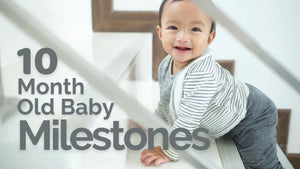
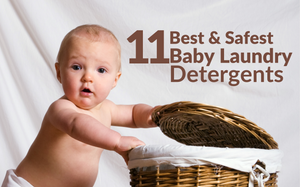


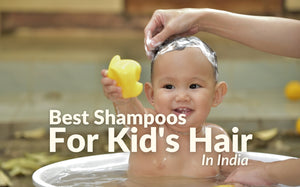
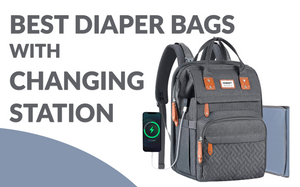
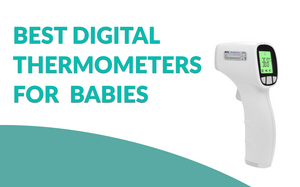
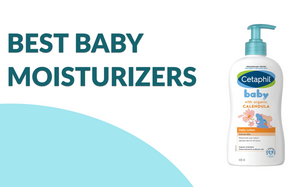
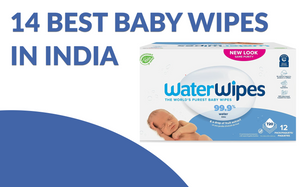
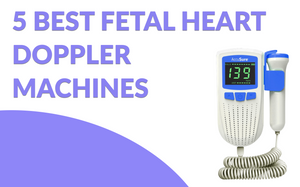

LEAVE A COMMENT